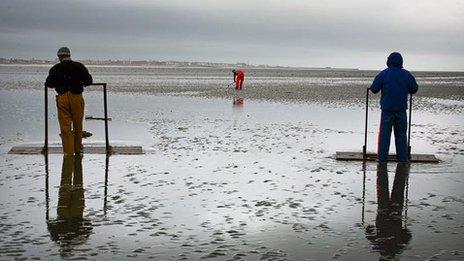Morecambe Bay cockling tragedy victims remembered 20 years on
- Published
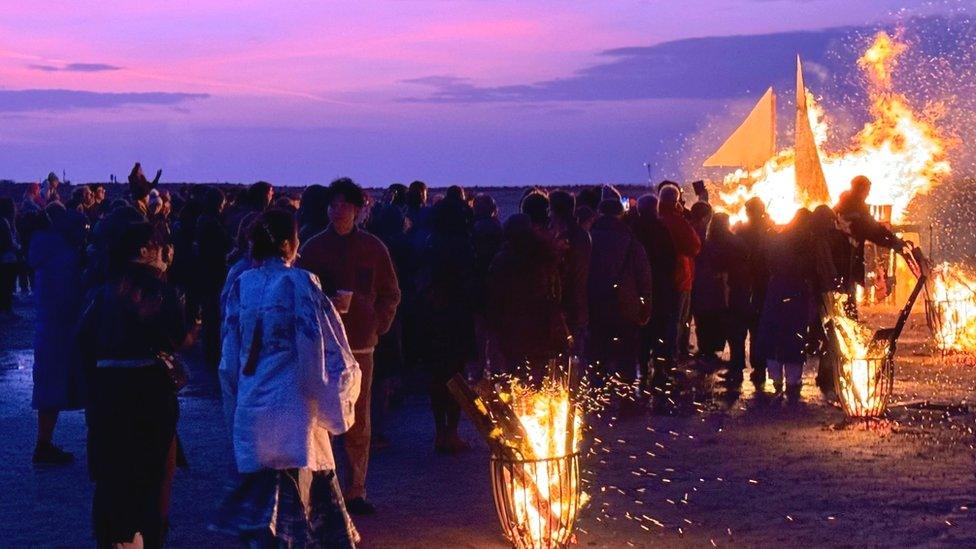
People gather on the beach to remember the tragedy in which 23 people died
Twenty years ago, on a dark February night, Chinese cockle picker Guo Binglong frantically made a 999 call, shouting: "Sinking water, sinking water."
He was one of a group of more than 30 Chinese people who were harvesting cockles out on the sands of Morecambe Bay on 5 February 2004.
They were cut-off by the incoming tide.
It sparked a huge search and rescue effort but 23 people, including Guo Binglong, ended up drowning.
The deaths exposed an underground world of cheap labour in which vulnerable migrants were exploited by criminal gangs and human traffickers.
In 2006, the group's gangmaster was found guilty of manslaughter and jailed for 14 years, external.
All 23 Chinese men and women were swept out to sea as they harvested cockles against a rising tide.
The events of that night left lasting memories for everyone in the town, particularly those involved in trying to rescue them.
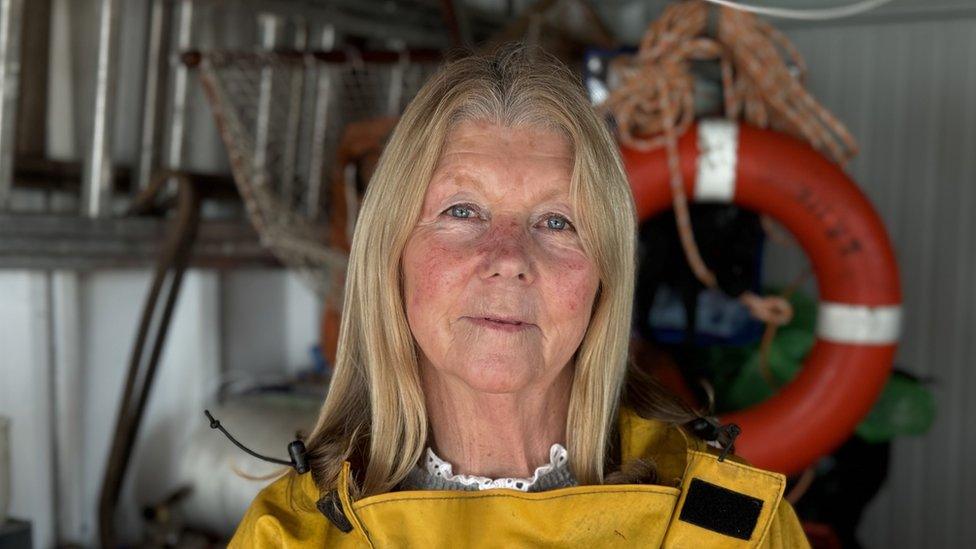
Margaret Owen, 71, who has fished these waters her whole working life, said the community was left devastated
Paul Turner, who is now Morecambe RNLI's lifeboat operations manager, was a 20-year-old volunteer at the time.
"It just looked like a plane had crashed. There were bodies all over the place," he said.
"I was very young at the time and we'd never really experienced anything like that before."
He joined other members of the community in Morecambe who came together on Sunday night to remember the victims and reflect on the impact of the tragedy.
More than 100 people gathered at a memorial service on the beach.
Fire lanterns lit up their faces and braziers illuminated the sands.
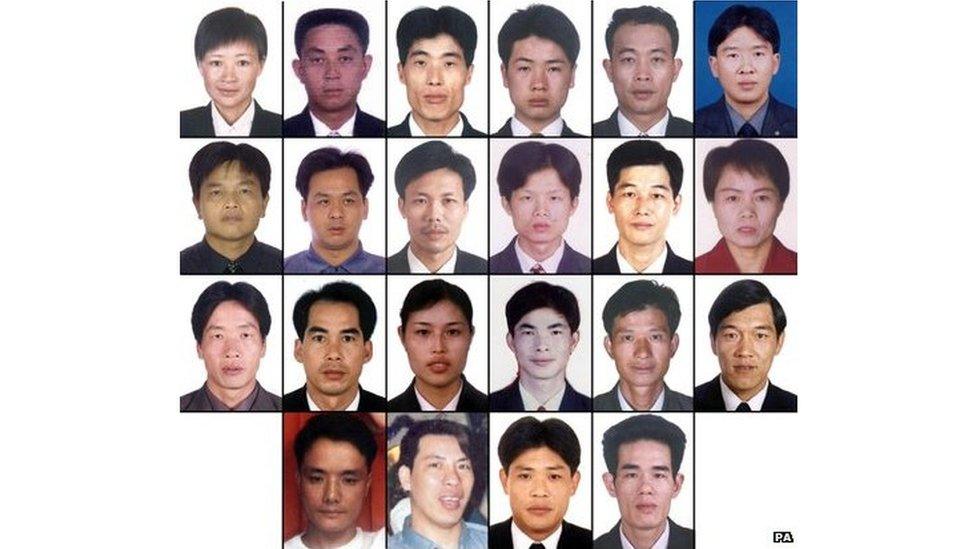
The Morecambe Bay victims were aged between 18 and 45
One of those who also gathered at the beach was James Lui, from the Lancaster and Morecambe Bay Chinese Community Association.
He said he was moved by how the community marked the 20th anniversary of the tragedy.
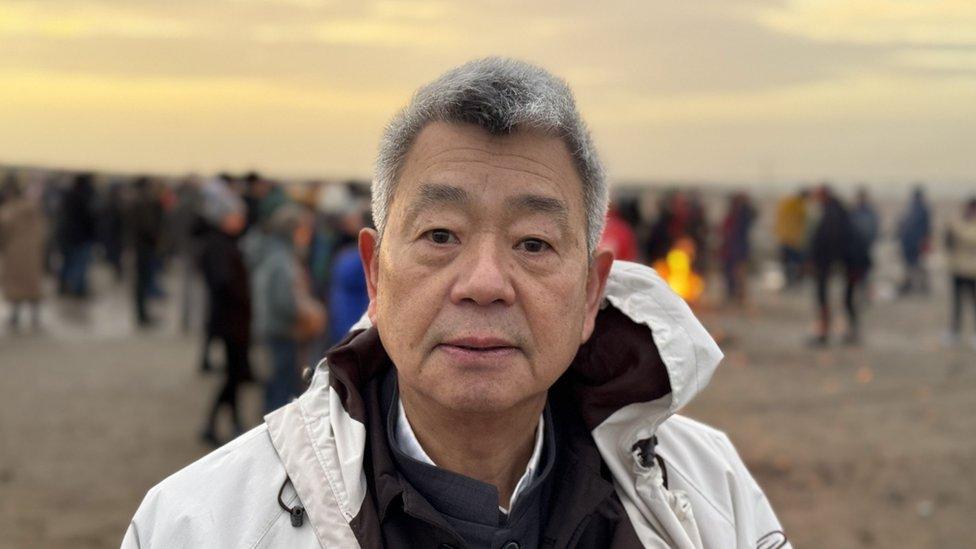
James Lui from the Chinese Community Association joined 100 people on the beach to mark the anniversary
Mr Lui said: "I feel very thankful that they still remember the lives of 23 people they never met.
"The support shown here today is very, very good."
Elsewhere, the local fishing industry is still coming to terms with the tragedy.
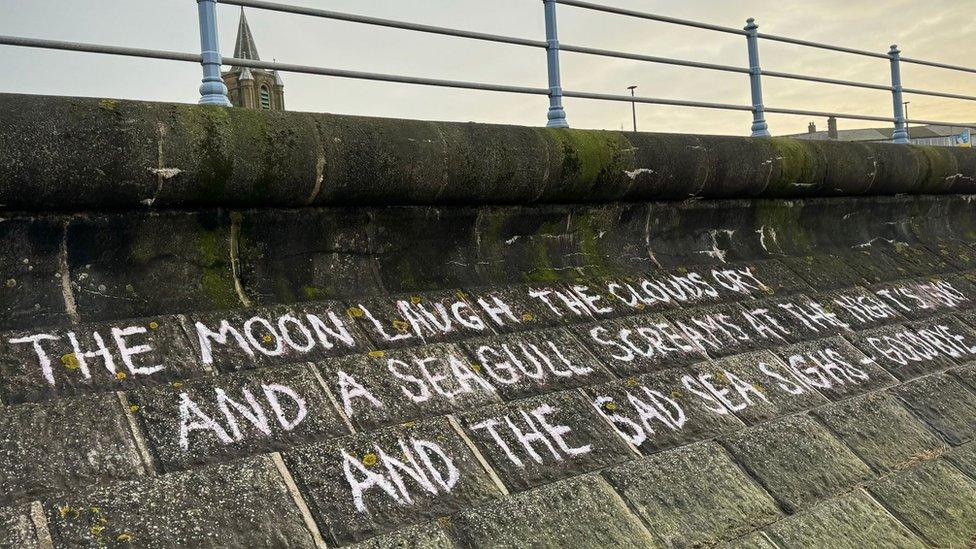
Lemn Sissay's poem about the tragedy has been chalked on to a sea wall
Margaret Owen, 71, who has fished these waters her whole life, said: "Nobody thought it could happen in Morecambe Bay.
"Everybody was devastated, it was the most tragic deaths."
She said the victims had just been trying to earn money, adding: "They were poorly paid immigrants and they paid the highest price ever - they lost their lives."
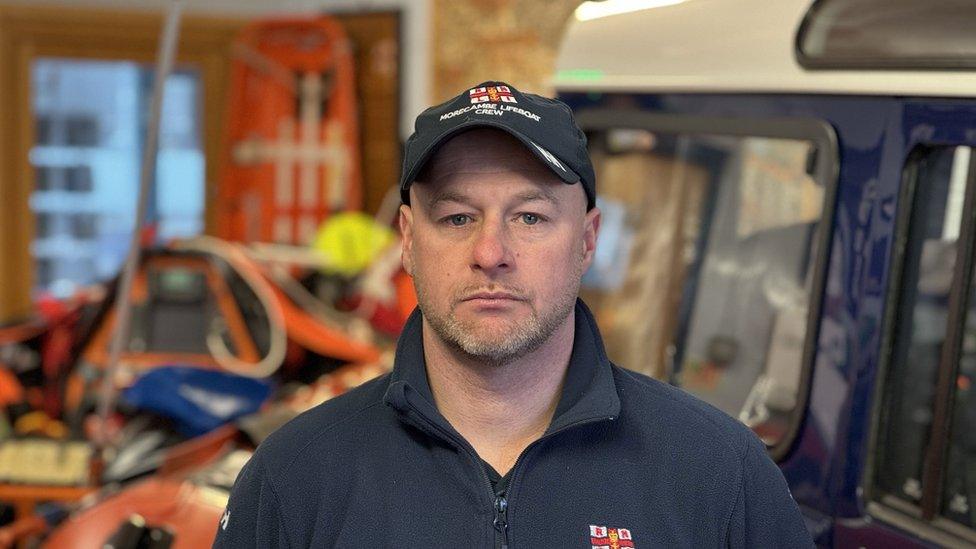
Paul Turner was a 20-year-old volunteer at the time and said the scene was like a plane crash
Mark Taylor, CEO of the North Western Inshore Fisheries and Conservation Authority, said things had changed in two decades.
"Twenty years ago, it was a free-for-all," he said.
"There were hundreds, sometimes thousands of people out on the cockle beds.
"Anybody could turn up and fish, it didn't require any knowledge of the area."
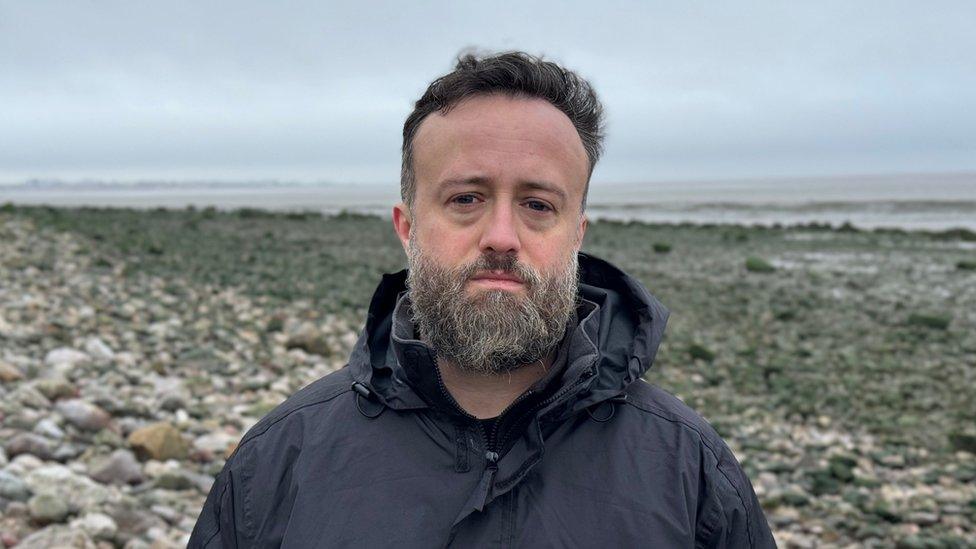
Mark Taylor from North Western Inshore Fisheries and Conservation Authority says regulation has been tightened
Following the introduction of a permit scheme, there are now just 150 individuals who are licensed to commercially gather cockles in Morecambe Bay - something authorities say will prevent future disasters.
The tragedy also led to the creation of an industry regulator - the Gangmasters and Labour Abuse Authority, external.
Back on the beach, words written about the tragedy by poet Lemn Sissay have been chalked on the sea wall.
It reads:
The moon laughs, the clouds cry,
and a seagull screams at the night's sky,
and the sad sea sighs - goodbye.

Why not follow BBC North West on Facebook, external, X, external and Instagram, external? You can also send story ideas to northwest.newsonline@bbc.co.uk, external
Related topics
- Published3 February 2014
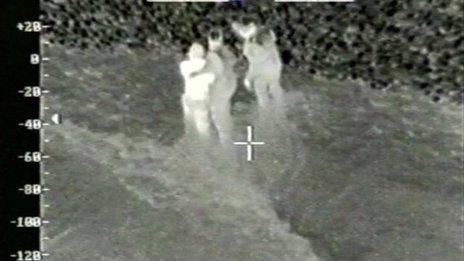
- Published4 February 2014
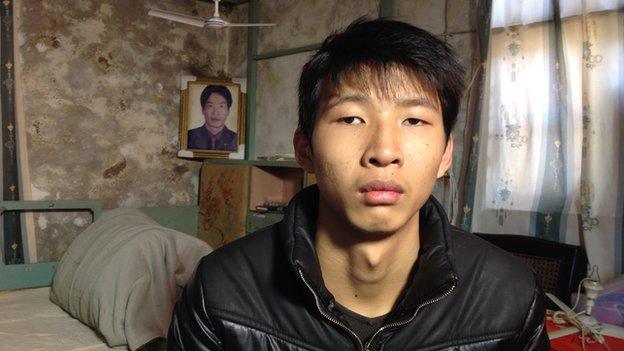
- Published20 October 2010
- Published5 February 2014
